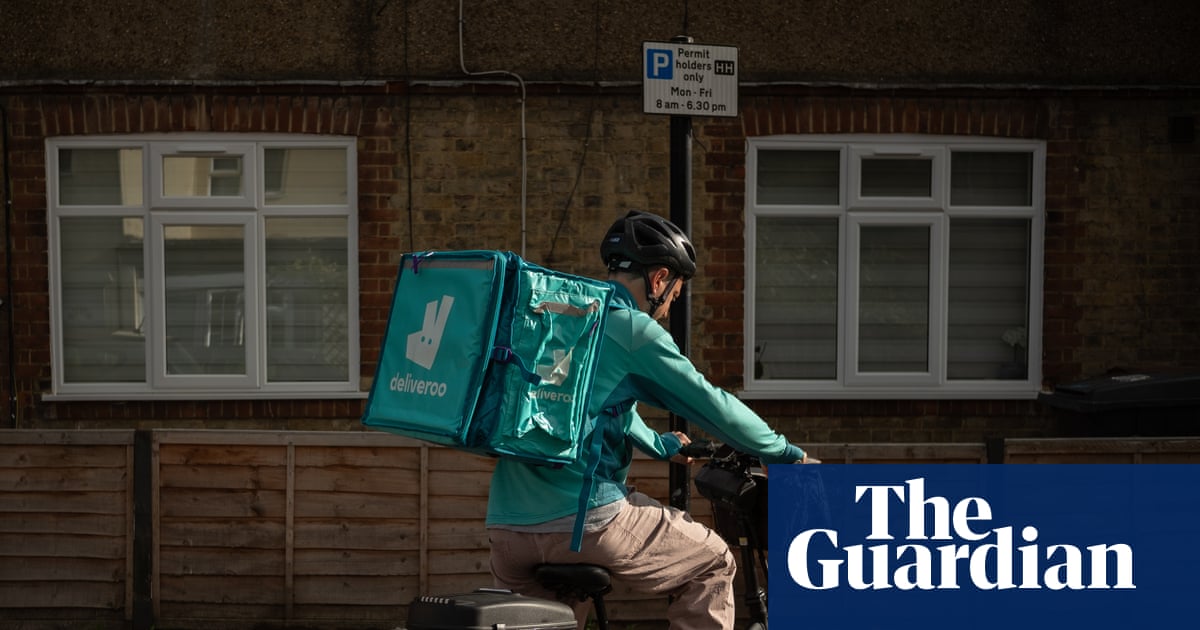
"On a good day I can earn 50 or 60, although it's really hard doing deliveries using a pedal bike. As humans we are invisible to the people we deliver to, says Mohammed, a Syrian refugee who also works as a Deliveroo rider. People don't think about our struggles and our dreams. I've heard people in this country talk about second-class citizens; delivery riders are actually third-class citizens. We are invisible and exposed at the same time.'"
"Most are migrants, according to the riders themselves. Deliveroo, which says it has about 73,000 riders across the UK and Ireland, describes them as a multitude of nationalities. The government has been clamping down on people working illegally in the food delivery industry, but those the Guardian interviewed in London, Liverpool and Manchester say they are working legally in challenging, low-paid conditions that many Britons would find unacceptable."
Thousands of food delivery riders across the UK, concentrated in companies like Just Eat, Deliveroo and Uber Eats, are predominantly migrants working long hours for low and unstable pay. Many combine platform work with other jobs or study and face physical hazards, exhaustion, accidents, harassment and legal vulnerability. Riders describe social invisibility, exposure to risks, and feelings of second- or third-class citizenship. Platforms vary little in pay and conditions. Some riders form support networks, such as WhatsApp groups, to share safety advice. Government enforcement targets illegal work, but many riders report legal yet precarious employment.
Read at www.theguardian.com
Unable to calculate read time
Collection
[
|
...
]